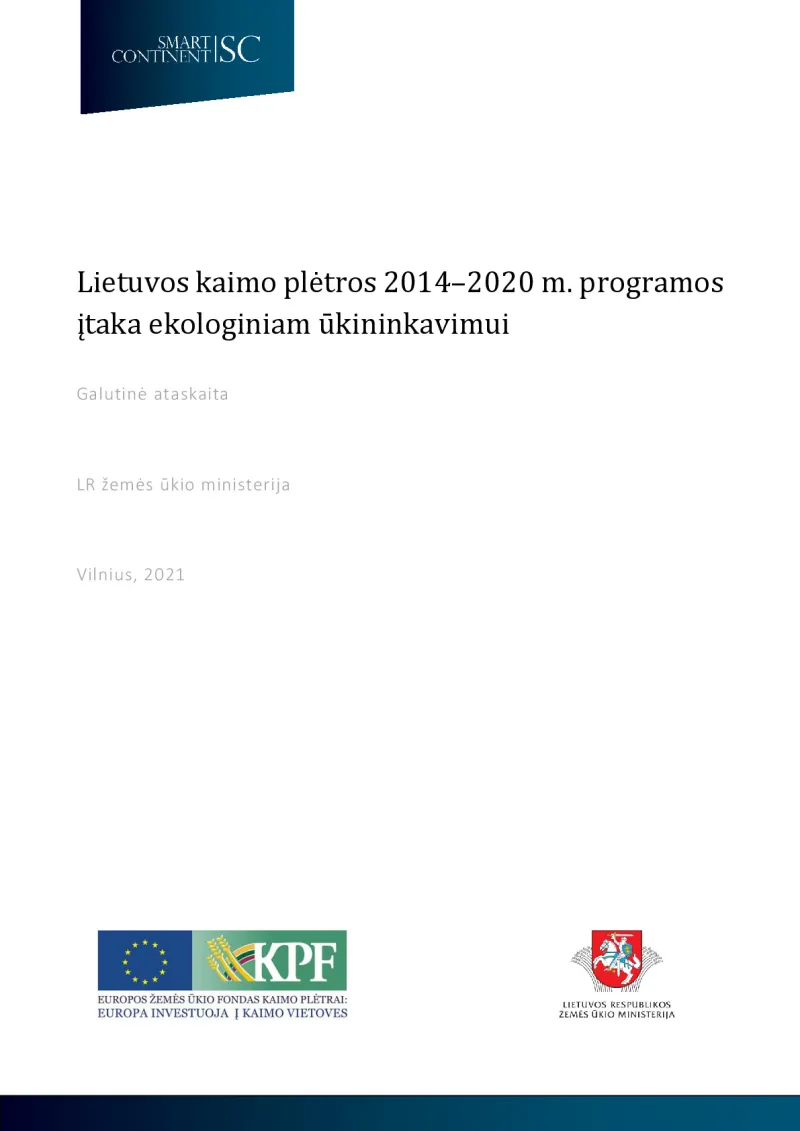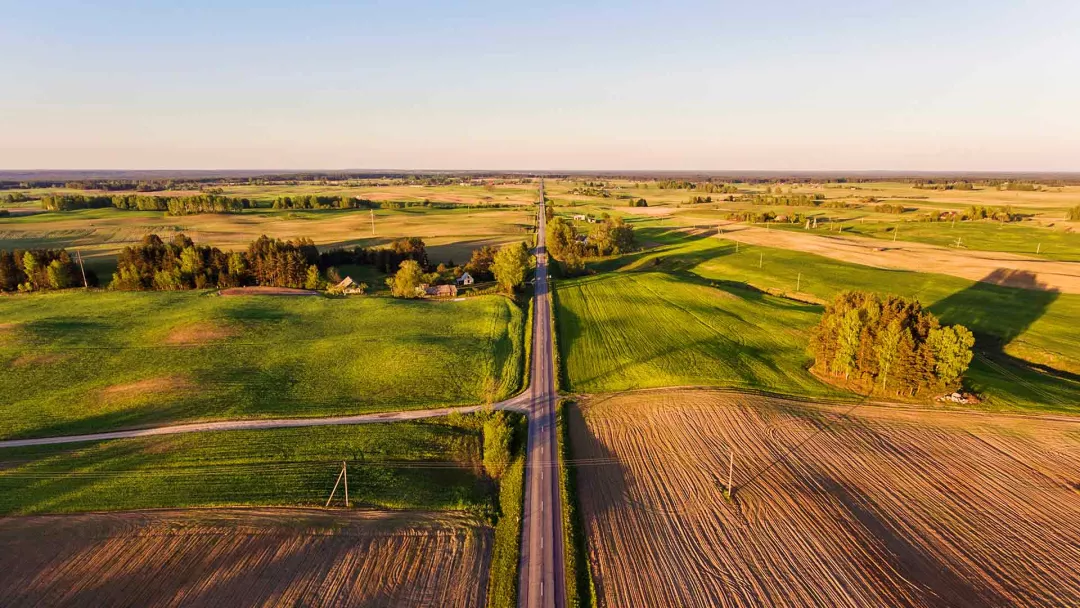The impact of Lithuania’s Rural Development Programme on organic farming
This evaluation explores the effects of Lithuania's Rural Development Programme (2014-2022) on the country’s organic farming sector, assessing growth, effectiveness of support and environmental outcomes.
- Lithuania
- 2014-2022
- Socio-economic impacts


The evaluation combined a review of statistics, organic farming practices, market outcomes and stakeholder consultations. It showed a 48% increase in Lithuania's certified organic farming area from 2014 to 2022, reaching 8.59% of the country’s total agricultural area, which was slightly above the EU-27 average.
Findings also revealed that the implementation of the measures under examination faced challenges, which led to slower development of organic agriculture and concerns about transitioning back to conventional farming. The study further determined that the programme primarily benefited large-scale organic farms, overshadowing the needs of smaller farms. Additionally, the scheme contributed positively to environmental objectives – such as reduced greenhouse gas emissions and soil erosion – but penalties for non-compliance lacked effectiveness. Recommendations include the need for better-targeted support and increased emphasis on farmer cooperation and education of consumers.
Rural Development Programme: LT
Programming period: 2014-2022
Original publication date: 2021
Author(s)
Lithuanian Ministry of Agriculture
Resources
Documents
The impact of Lithuania’s Rural Development Programme on organic farming
(PDF – 4.31 MB – 129 pages)